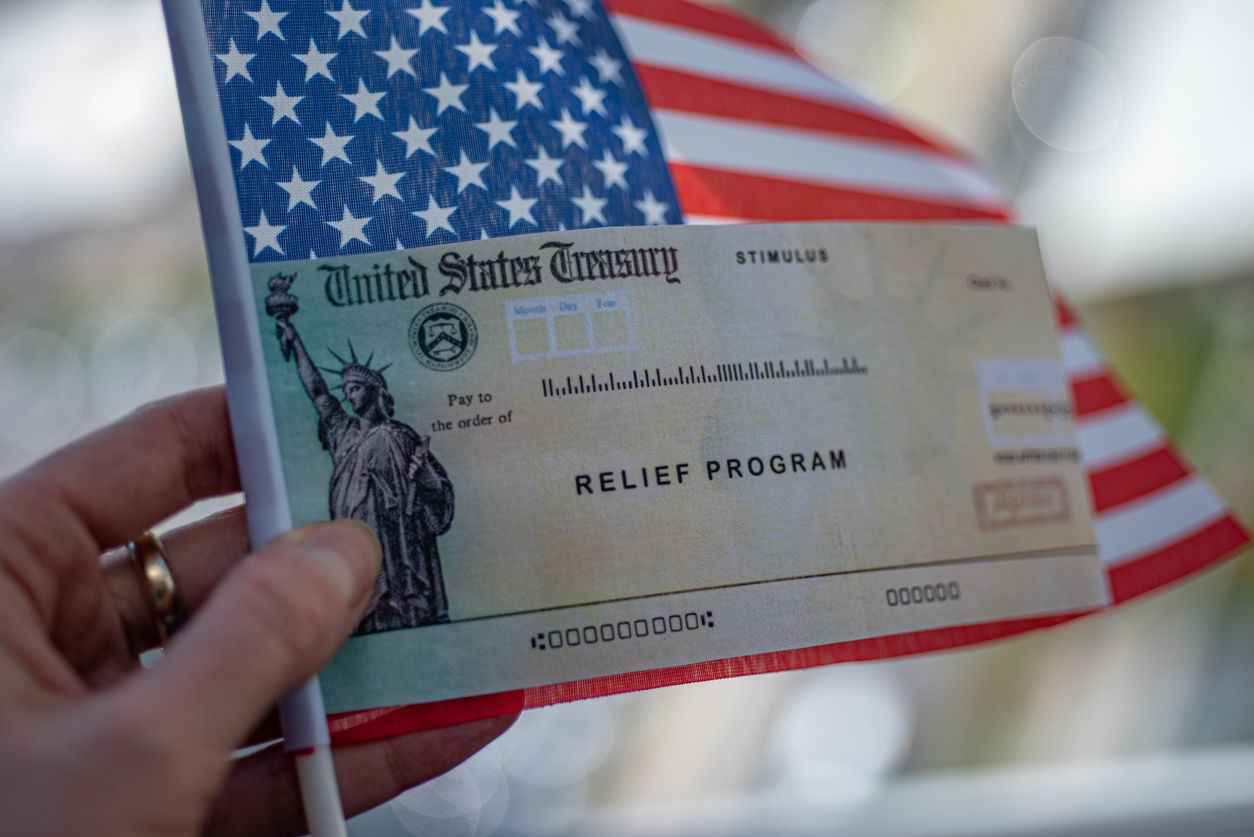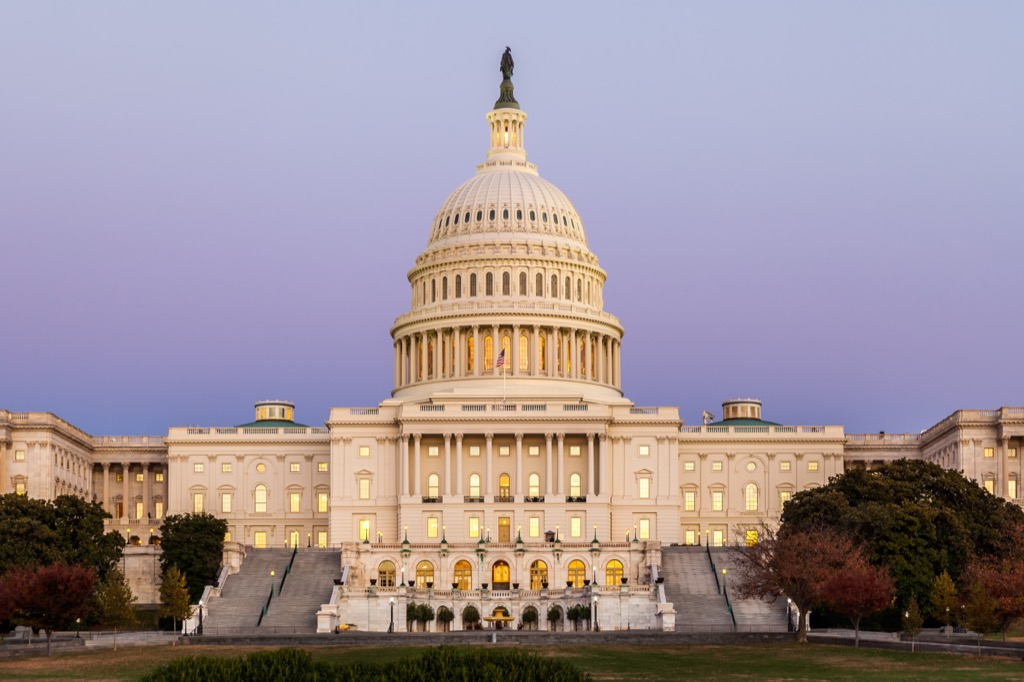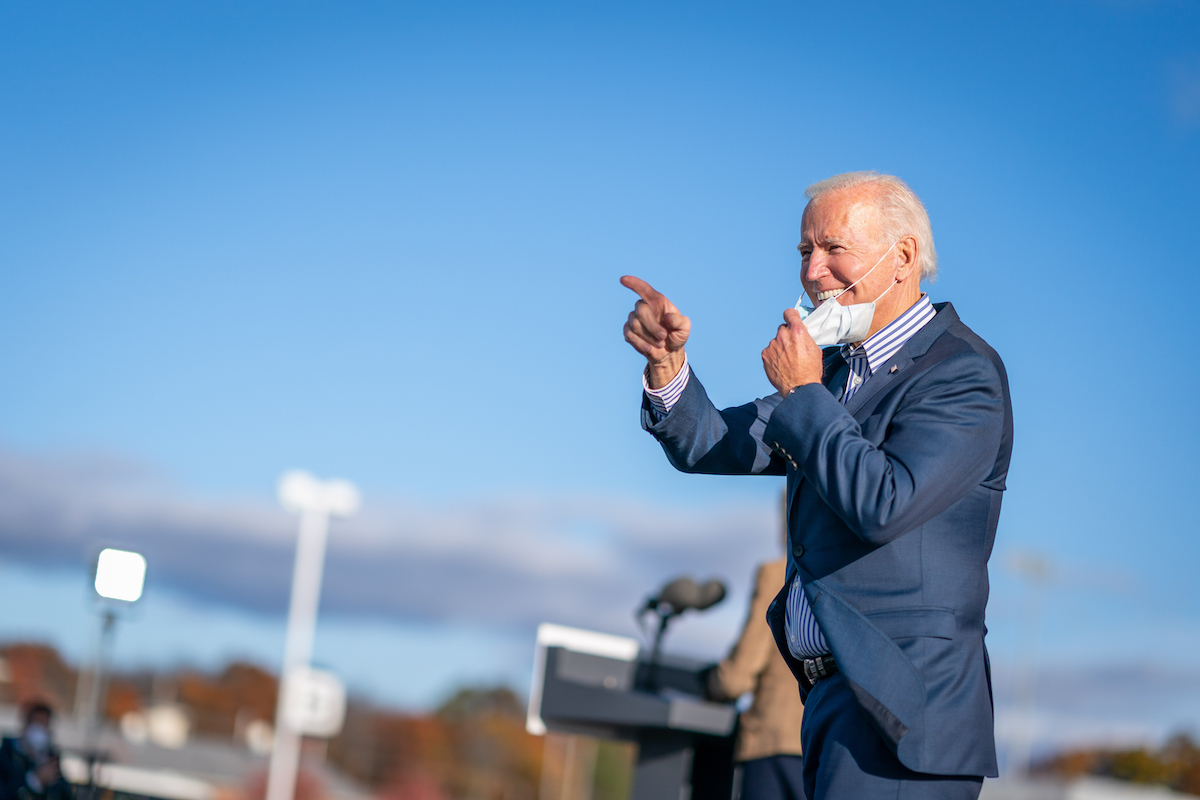After months of failed compromises and stalled agreements, lawmakers are becoming increasingly optimistic that they’re close to reaching a solution. “We made major headway toward hammering out a targeted, pandemic relief package that would be able to pass both chambers with bipartisan majorities,” Senate Majority Leader Mitch McConnell told the Senate on Dec. 16. But there’s more to the package than just a check. Read on to see what else is at stake, and for more on places that are feeling the worst effects of the pandemic lately, check out This State Now Has the Worst COVID Outbreak in the U.S. Read the original article on Best Life. Members of Congress have certainly gone back and forth about whether or not a check for $1,200 should be issued to Americans under a specific income threshold. But as details get hammered out, other compromises have been reintroduced into the bill that will go a long way to help take the financial strain off of people in other ways. Details are still being hammered out, but the bipartisan agreement appears to include everything from $330 billion in loans for small businesses that have been affected by pandemic closures, a continuation of the current pause that has been set on student loan repayments, and an extension on the current eviction ban on tenants, NPR reports. The bill also is expected to include funding for vaccine distribution throughout the U.S. but removes any hope for state and local aid for governments. And for more on vaccine rollout, check out Dr. Fauci Just Debunked the 4 Biggest Myths About the COVID Vaccine. Besides being able to deliver relief to millions, Congress also has an incentive to pass a stimulus bill: without a new spending bill, the government will be forced to shut down after midnight on Dec. 18. While lawmakers said that a short extension could also be approved, some are confident that that kind of short-term measure won’t be necessary. “Nothing is a done deal yet, but I think progress is being made,” Thune told The Washington Post. “Seems like there’s movement in the right direction, and I guess I’m hopeful that we’ll be able to hit the deadline.” And for more on how to keep yourself safe during the pandemic, check out You’re More Likely to Catch COVID in This Surprising Place, Study Finds. Still, other lawmakers—and soon-to-be lawmakers—say that while the current stimulus is necessary, the transition into a new legislature and executive branch in 2021 likely means there will be more to come. “The stimulus package is encouraging. It looks like it’s very, very close,” President-elect Joe Biden told reporters during a press conference on Dec. 16. “It’s a down payment. An important down payment that’s going to have to be done. … It’s very important to get done.” And for more regular COVID updates, sign up for our daily newsletter. Despite the many elements that appear to have made it into the legislation, one is notably absent. The proposed plan by John Delaney, former congressman and 2020 presidential candidate, to make getting a COVID vaccination a requirement to receive a stimulus check was not included in any negotiations or discussions going forward.ae0fcc31ae342fd3a1346ebb1f342fcb While never intended to be a forced attempt at national vaccination, some experts pointed out the inherent flaws in the idea. “In some ways, it’s the reverse order for when you want to deliver stimulus checks for people,” Howard Gleckman, senior fellow at the Urban-Brookings Tax Policy Center, told CNBC. “It’s always nice to be able to kill two birds with one stone, but in this case, I think the two birds are flying off in different directions. It’s going to be really hard to make it work.” And for more on how inoculations could affect you, check out The COVID Vaccine Could Temporarily Paralyze This Body Part, FDA Warns.



